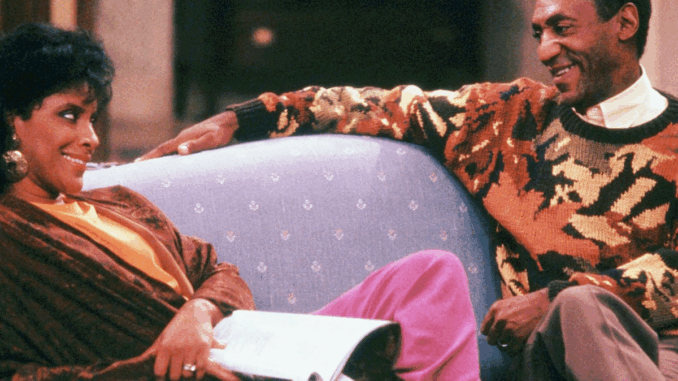
In the ever-evolving world of television, few shows have left as lasting an imprint as The Cosby Show. Airing from 1984 to 1992, the series didn’t just entertain—it educated, inspired, and changed the cultural conversation in America. Decades later, despite controversy surrounding its star, the show’s social influence and artistic merit continue to spark meaningful discussion. Here’s why The Cosby Show still matters in 2025.
A Pioneering Portrayal of Black Excellence
At a time when Black characters were often relegated to the background or portrayed through negative stereotypes, The Cosby Show introduced viewers to the Huxtables—a family of warmth, humor, and ambition. They were educated professionals raising five children in a stable, loving household. This depiction was not only rare, but revolutionary.
By presenting an aspirational yet realistic family, the show redefined what mainstream audiences expected from a sitcom. It shifted the focus from slapstick and caricature to thoughtful humor rooted in family values, cultural identity, and emotional intelligence.
A Platform for Young Talent and Cultural Dialogue
Throughout its eight seasons, The Cosby Show served as a launchpad for new talent and a showcase for African-American art, fashion, and music. From showcasing jazz legends to spotlighting historically Black colleges and universities (HBCUs), the series subtly infused culture into the mainstream.
Guest stars included rising actors and icons, including a young Adam Sandler, Alicia Keys (as a child), and future stars like Raven-Symoné. The show also laid the groundwork for A Different World, a spin-off that directly addressed race, gender, and education more overtly.
Comedy with a Conscience
What set The Cosby Show apart was its ability to blend humor with life lessons. Episodes addressed issues like learning disabilities, adolescence, dating, and financial responsibility without becoming preachy. Its comedic timing, emotional sincerity, and strong writing earned it critical acclaim, including multiple Emmy and Golden Globe Awards.
Audiences across racial and generational lines saw parts of themselves reflected in the Huxtables. It was this universal relatability, wrapped in Black cultural specificity, that made the show both unique and universally loved.
The Controversy and the Cultural Divide
In recent years, Bill Cosby’s legal troubles have raised difficult questions about whether the show can be celebrated separately from its creator. While some networks pulled reruns and public sentiment shifted, others argue that the legacy of the ensemble cast, the writers, and what the show represented should not be erased.
This complex dynamic invites ongoing reflection about the role of art, accountability, and how society processes the flaws of once-beloved figures. The discussion is not easy—but it’s necessary.
Legacy That Transcends Scandal
Despite the controversy, The Cosby Show remains a cultural touchstone. It opened doors for Black creators, diversified the television landscape, and forever changed the genre of family sitcoms. From Family Matters to Black-ish to Abbott Elementary, echoes of The Cosby Show’s influence are still seen in today’s storytelling.